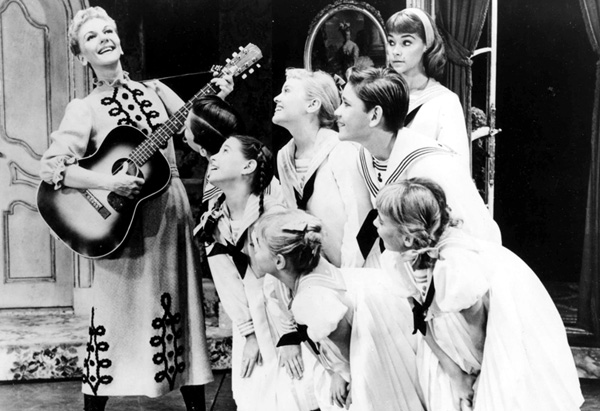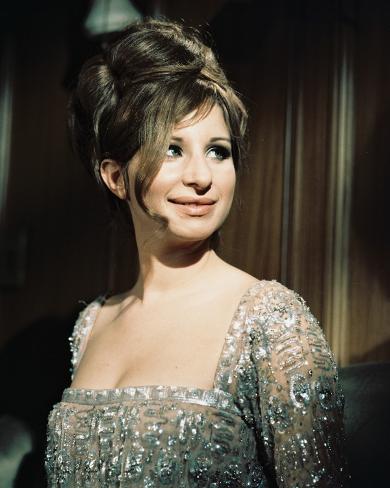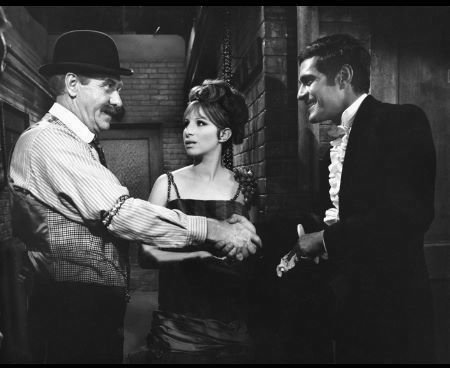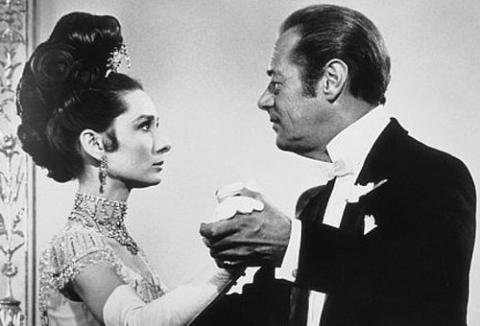The 20th Century logo
appears, the famous theme song plays, a few birds chirp, the alps appear, and
suddenly Mary Poppins is singing. I hope you’ve guessed our next musical. The Sound of Music is known to many as a
classic film that everyone must see. Mary Poppins, or Julie Andrews, played
Maria Rainer while Christopher
Plummer played the intimidating Captain von Trapp. In addition to those
famous actors, another actress may be familiar. Sister Sophia in The Sound of Music was actually played
by Marni Nixon, Audrey’s Hepburn’s singing voice in the movie version of My Fair Lady.

Another
interesting fact about this movie is that Broadway is where the show
originated. The musical Broadway version of this show starred Mary Martin as Maria Rainer and
Theodore Bikel as Captain Georg von Trapp. The Broadway version had additional numbers
that did not make the cut in the movie, such as "How Can Love Survive?" and "No Way to Stop it".
The show aired on November 16, 1959 and ran over 1,000 times. The show did well
until the movie premiered. The stage could not compete with real mountains,
beautiful architecture, and intimacy created with lighting and camera angles.
Mary Martin was not cast as Maria in the movie because the producers wanted a
box office name. Luckily for Julie Andrews, she had just produced Mary Poppins
and the initial casting fell through. Audrey Hepburn, or Eliza Doolittle, was
offered the role but declined. In my opinion, no actress besides Julie Andrews will ever
be Maria. Her perfect pitch leaves every listener satisfied and always takes me
back to my childhood.








